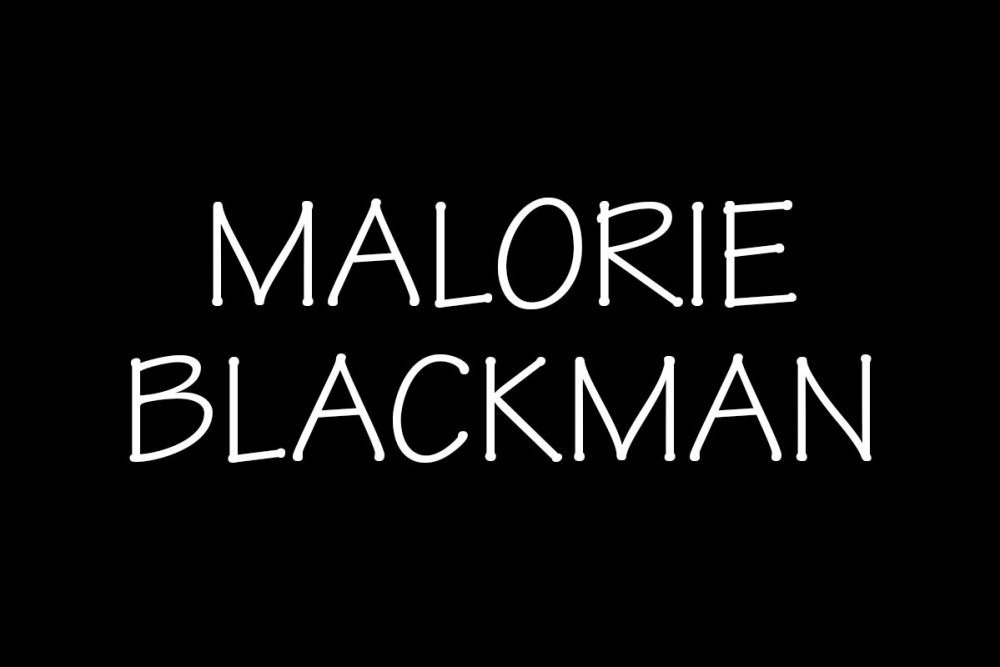

'Reading is an exercise in empathy an exercise in walking in someone else's shoes for a while. 'Books allows you to see the world through the eyes of others,' she says. This isn't some hashed together speech as Malorie puts it, she 'has been going on about this for 24 years'. We're chatting on the eve of her talk about human rights and identity in fiction at the Edinburgh international books festival, a discussion (with the Guardian's Book Doctor, Julia Eccleshare) sponsored by Amnesty International. And fiction is an incredibly important force in shaping children and that's why fiction needs to be diverse.' 'There is a saying: 'the child is parent to the adult', which means whatever happens to you as a child or teenager affects the adult you become. So how do you become Malorie Blackman? She thinks. They're people you'd quite like to become. How wrong can a bookseller be? Malorie gets it: her books are scary, funny, disgusting and romantic and the teenagers in them match that they are courageous, self-doubting, funny, stupid people, as real and complex as anyone you meet in real life. And that isn't just for books, that's films and TV, too.' 'I haven't had this said to me in quite some time,' she says,'but we still have a way to go in this country to diversify books.

'I once had a bookseller tell me, 'Your books are just for black children and we don't have that many black children in this area,'' Malorie Blackman says. Here Malorie reveals the books that shaped her and why YA fiction has a lot to improve. Johny talks to Malorie about her incredible journey with the characters, the legacy of the series, and what she's looking forward to writing next.Īnd another groundbreaking children's novelist R.J Palacio, author of Wonder, shares her own childhood favourite in The Book I'd Never Lend.Once told to 'go back to where she came from' (she was born in Clapham), children's laureate Malorie Blackman is now famous for her books on race and identity.
/arc-anglerfish-arc2-prod-expressandstar-mna.s3.amazonaws.com/public/VZANBT4IP5GKFIIJF4WT5NA6MU.jpg)
Influenced by the unprecedented global events of recent years, the novel is full of twists and turns, as the characters find their way to a new future. The aptly titled, Endgame, brings the series to a conclusion. In the first Noughts & Crosses novel, Blackman began the story of a deeply forbidden romance between Sephy (a Cross) and Callum (a nought) – a love affair that had repercussions for their families for generations.

Malorie Blackman talks to Johny Pitts about the final novel in her hugely successful Noughts and Crosses series.


 0 kommentar(er)
0 kommentar(er)
